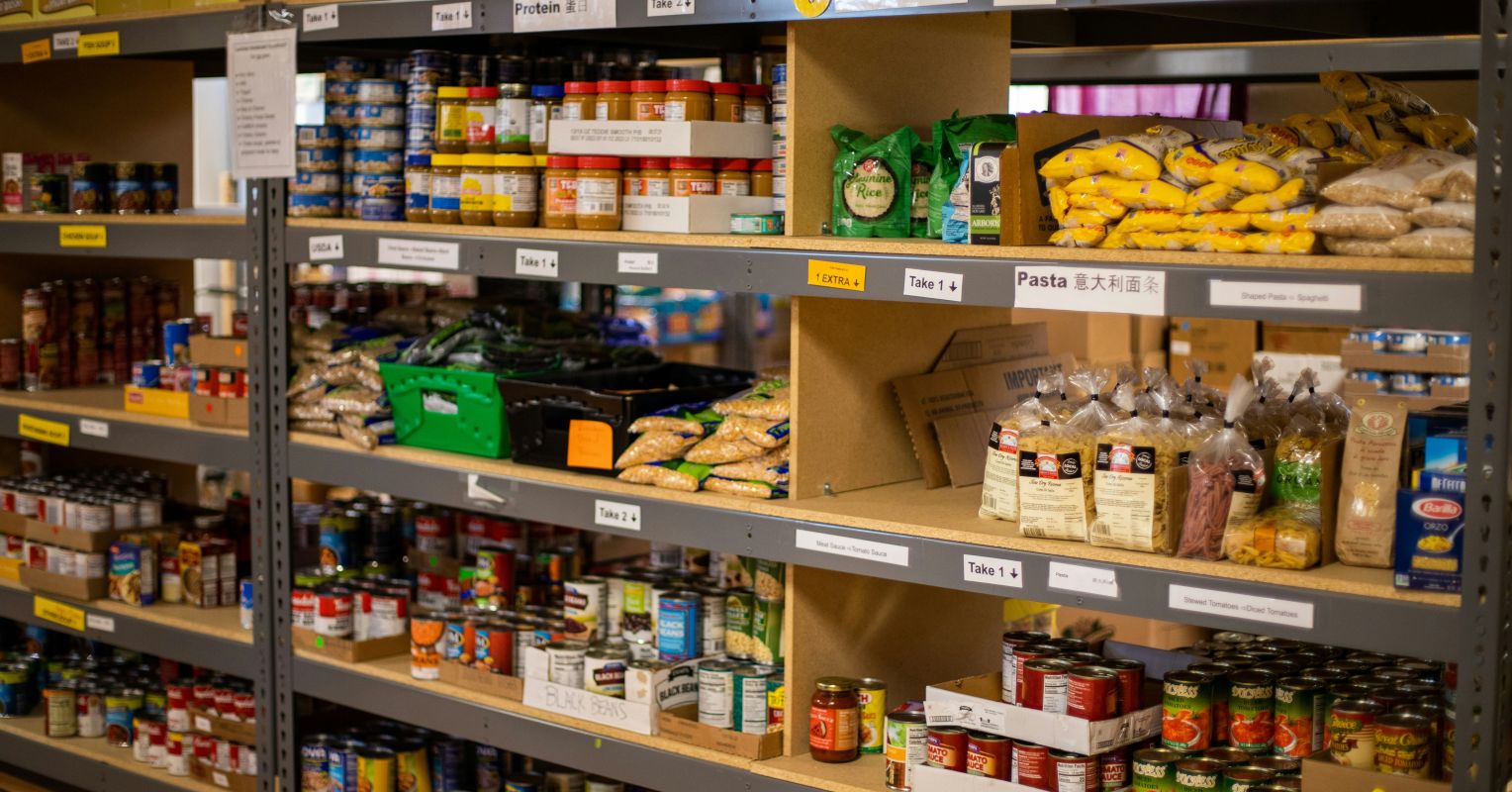
"My field, social work, is predicated upon connecting individuals and families with resources in accordance with their unique challenges. As a continued government shutdown goes on with seemingly no resolution in sight, one of those important resources that many individuals and families rely on is food assistance or, abbreviated, SNAP (Supplemental Nutrition Assistance Program) benefits, which provide monthly help to low-income citizens to help them purchase nutritious food."
"A bidirectional study by The American Journal of Psychiatry concludes that "an abundance of studies have provided evidence that bolsters the association between mental disorders and food insecurity yet goes on to point out that "very few have aimed to discover solutions to this problem." Many other studies support this conclusion, such as one featured in a 2025 issue of PLOS Mental Health:"
Social work focuses on linking individuals and families to resources tailored to their needs. SNAP (Supplemental Nutrition Assistance Program) provides monthly food-purchasing assistance to 41.7 million people per month. A prolonged government shutdown threatens imminent loss of SNAP benefits for many low-income households. Multiple studies demonstrate a research-backed, bidirectional association between food insecurity and mental health problems, including elevated anxiety and depression measured by GAD-7 and PHQ-8. Malnourishment increases vulnerability to illness, and limited access to mental health services amplifies a harmful cycle between food insecurity and deteriorating mental health.
Read at Psychology Today
Unable to calculate read time
Collection
[
|
...
]